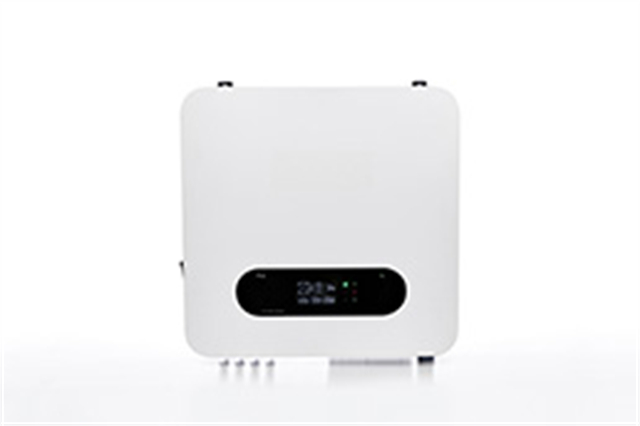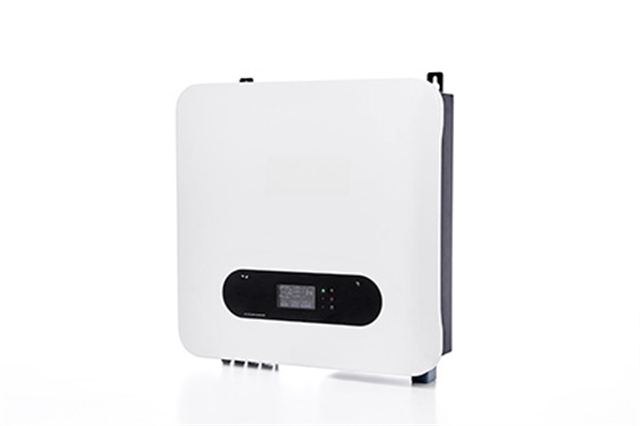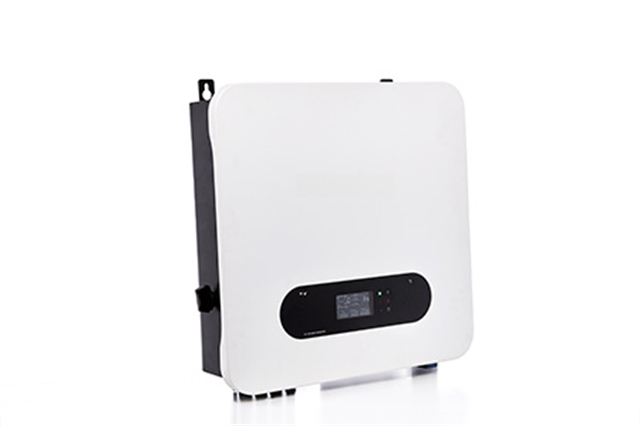Author:BLD Solar Energy SystemFROM:Solar System Converter Manufacturer TIME:2023-10-31
Introduction:
An on-off grid hybrid inverter is a powerful tool that allows you to use solar power as well as traditional electricity sources. It combines both grid-connected and off-grid capabilities, providing flexibility and energy independence. However, to maximize the benefits of this system, there are several tips you should keep in mind. In this article, we will discuss eight important tips for using an on-off grid hybrid inverter.

The first tip when using an on-off grid hybrid inverter is to select the appropriate capacity for your energy needs. Consider factors such as the size of your solar panel array, average daily energy consumption, and future energy requirements. Choosing an inverter with the right capacity will ensure optimal energy utilization and prevent overload.

Your goal should be to minimize energy wastage and maximize efficiency. Invest in high-quality appliances and equipment that are energy-efficient. Additionally, consider using smart power management systems that can intelligently distribute power between various sources, such as solar panels, batteries, or the grid. Prioritizing energy efficiency will help you reduce your carbon footprint and save money on utility bills.

Regular monitoring and maintenance are crucial for the smooth operation of your on-off grid hybrid inverter. Keep an eye on the system's performance indicators, such as voltage, current, and battery levels. Clean your solar panels periodically to ensure maximum sunlight absorption. Additionally, inspect the inverter and batteries for any signs of damage or deterioration. Regular maintenance will prolong the lifespan of your system and prevent unexpected failures.
If you have battery storage connected to your hybrid inverter, it is essential to optimize their usage. Set the inverter's charging and discharging preferences based on your energy needs and battery capacity. Avoid overcharging or over-discharging the batteries, as this can shorten their lifespan. Implement battery management systems that can monitor battery health and prevent issues like overvoltage or deep discharge.
Even if you primarily rely on solar power or battery storage, it is advisable to maintain a grid connection. This allows you to access electricity during periods of low solar generation or battery depletion. It also provides a backup in case of emergencies or system failures. Ensure that the grid connection remains intact and meets all safety regulations to ensure a seamless power supply.
To make the most of your on-off grid hybrid inverter, take the time to understand and adjust its settings. Learn how to switch between grid-connected and off-grid modes, set charging and discharging priorities, and adjust frequency and voltage thresholds. Having a good understanding of the system settings will help you customize its operation to suit your specific needs and optimize energy usage.
Load management is crucial for efficient energy utilization in an on-off grid hybrid inverter system. Identify and prioritize essential loads that should receive power during grid failures or when using solar energy. Non-essential loads can be temporarily disconnected or managed using timers or smart switches. Proper load management ensures a stable power supply and prevents overloading of the inverter.
To protect your valuable equipment from power surges or voltage fluctuations, it is advisable to invest in surge protection devices. These devices help safeguard your appliances, electronics, and the hybrid inverter itself from potential damage caused by sudden voltage spikes. Consult with a professional to determine the appropriate surge protection solutions for your specific setup.
In conclusion, utilizing an on-off grid hybrid inverter offers numerous advantages. By following these eight tips, you can optimize the performance and efficiency of your system. Selecting the right capacity, prioritizing energy efficiency, monitoring and maintaining the system, optimizing battery usage, maintaining grid connection, familiarizing yourself with system settings, understanding load management, and investing in surge protection are all key aspects to consider. With proper knowledge and implementation, you can enjoy reliable and sustainable power using an on-off grid hybrid inverter.
